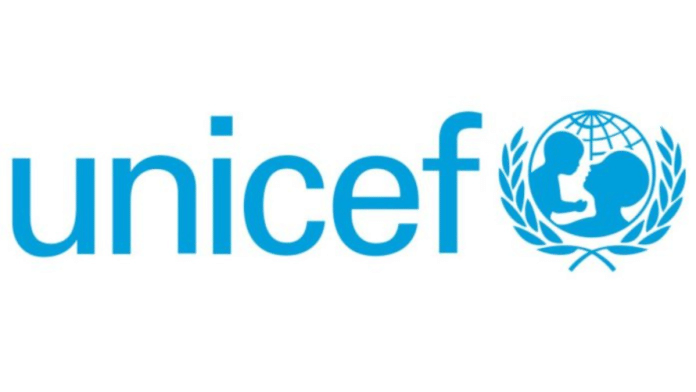New Delhi: Extreme climate events like heatwaves, floods, and storms disrupted the schooling of at least 242 million children across 85 countries in 2024, according to a new report by the United Nations Children’s Fund (UNICEF). According to a press release accompanying the report, which was released on International Day of Education, this represents a significant aggravation of the already existing global learning crisis.
Titled “Learning Interrupted: Global Snapshot of Climate-Related School Disruptions in 2024,” the report reveals that heatwaves were the most disruptive climate hazard, affecting over 118 million students globally in April 2024 alone. The report cites Bangladesh and the Philippines as examples of countries that experienced widespread school closures due to heatwaves in April, while Cambodia was forced to shorten the school day by two hours.
The report also highlights that schools and education systems are ill-equipped to protect students from climate impacts due to low climate-centered finance investments and limited global data on school disruptions due to climate hazards.
The report calls on world leaders and the private sector to take urgent action to protect children from the increasing impacts of climate change by ensuring that national climate plans prioritize child-critical social services, including education, and make them more climate-smart and disaster-resilient. It also stresses the need to invest in disaster-resilient and climate-smart learning facilities, accelerate financing to improve climate resilience in the education sector, and explicitly integrate climate change education and child-responsive commitments across the board.
“Education is one of the services most frequently disrupted due to climate hazards. Yet it is often overlooked in policy discussions, despite its role in preparing children for climate adaptation,” said UNICEF Executive Director Catherine Russell.






